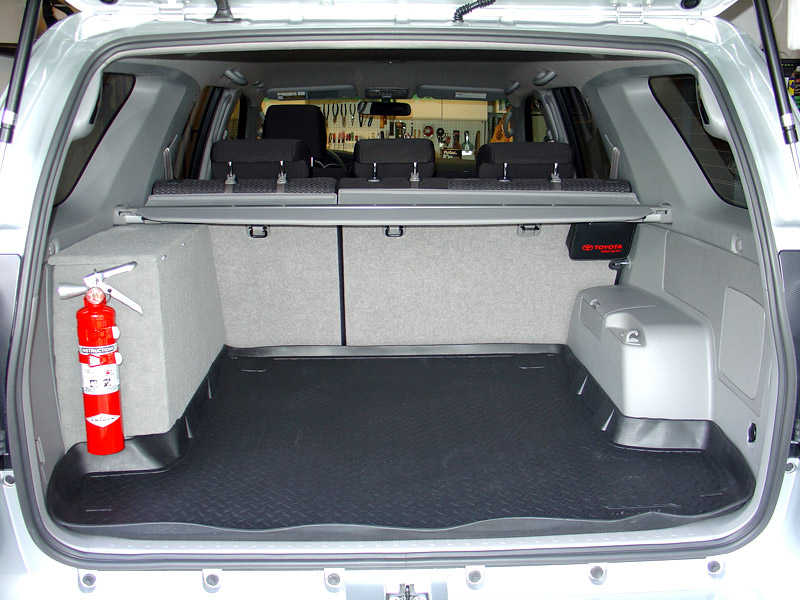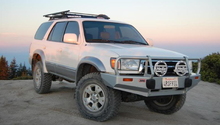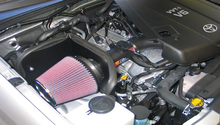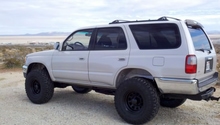Toyota 4Runner 1984-1995: General Information and Recommended Maintenance Schedule
The 2nd Gen 4Runner leads other special utility vehicles in ruggedness and performance.
This article applies to the Toyota 4Runner (1984-1995).
The 2nd Gen 4Runner is a solid truck with a good reputation for ruggedness, reliability and extreme off-road capability. It is an early generation, so new options and a more powerful engine will not be the selling point here. If you are purchasing a 2nd Gen 4Runner, it's because you want to save costs while keeping with the durability of the 4Runner brand. Toyota did not disappoint with this truck, and, you can rest assured, it was manufactured to last many years and for hundreds of thousands of miles.
Gas Mileage
Gas mileage on the 2nd Gen 4Runner is pretty standard at 16 MPG in the city, 19 MPG on the highway and 18 MPG combined. Most 4Runner owners on the forums confirm this, reporting 18 to 19 MPG on the highway; some even report achieving just as high gas mileage in the city. On the low end, however, some owners report receiving as little as 10 to 12 MPG combined (even when their vehicle is tuned up). A rebuilt engine could lead to higher gas mileage; however, there is no guarantee, as other factors would also need to be considered.

Common Modifications
There are a number of modifications you make to increase the comfort and attractiveness of a 2nd Gen 4Runner, including, but not limited to, adding new seats, installing a new dashboard, attaching a new fiberglass roof, and removing rust deposits from the frame and other body panels (as well as the undercarriage).

"Locker" and Off-Roading
A "locker" (locking differential) allows your truck to send and receive the most power to your tires with minimum skidding or tire damage, making this an ideal option for off-roading. Considered the "ultimate tracking device," a rear locker allows you to drive on packed surfaces and handle hard corners without the potential for your tires to slip. You can easily travel on different paths without losing control over your truck at any point along the way.

Scheduled Maintenance
At the very most, you'll want to replace your engine oil and filter every 5,000 miles. Check your engine oil for signs of a milky substance or leaky coolant. You will also want to check your anti-freeze and radiator for air bubbles. All of these checks should be done at least every 30,000 miles (or as needed). It's highly recommended that you maintain an accurate and up-to-date maintenance log for your records. Other maintenance includes replacing your system's fluids, changing your spark plugs and wires, and inspecting all major systems, including your brake system and alternator. Again, this should be done every 30.000 miles (or as needed).
Common Questions
I want to upgrade my tires. What is the biggest I can go to?
First and second generation 4Runners can safely fit 32x11.5s. This will ensure little to no rubbing.
How do I fix sagging rear coil springs?
Your best bet is to replace the stock springs. Downey and Performance Products are go-to brands for the 4Runner.
How do I add more power to the engine?
Unfortunately, you won't be able to increase engine power without throwing in buckets of money to do so. It's recommended that you change your differential gears to match your tire size. Changing the gearing is relatively inexpensive and gives the car more pickup off the line.
Related Discussions
- Maintenance Schedule - Yotatech.com
- FAQs - Yotatech.com
- Service Manuals - Yotatech.com






